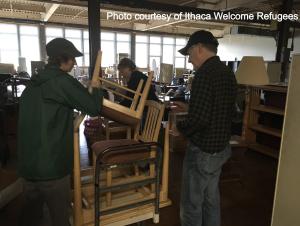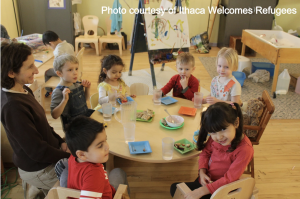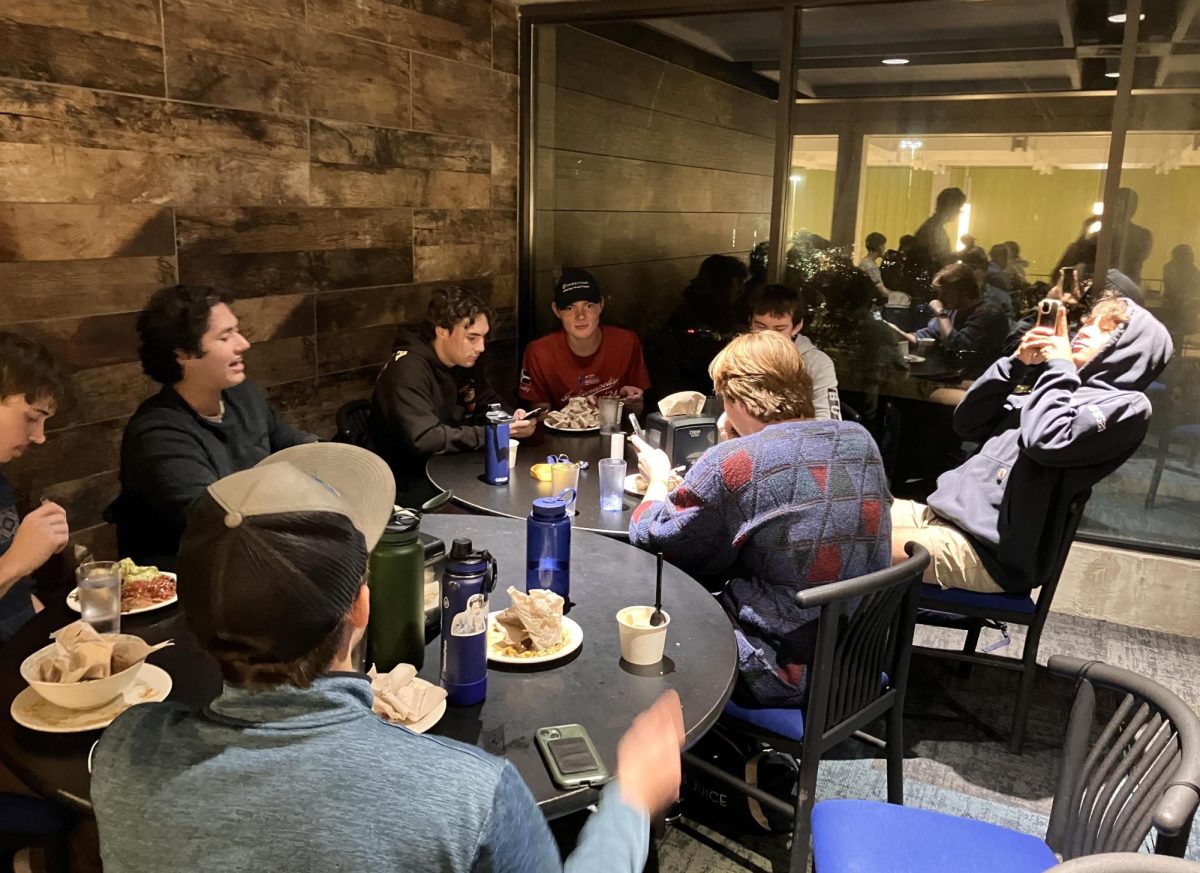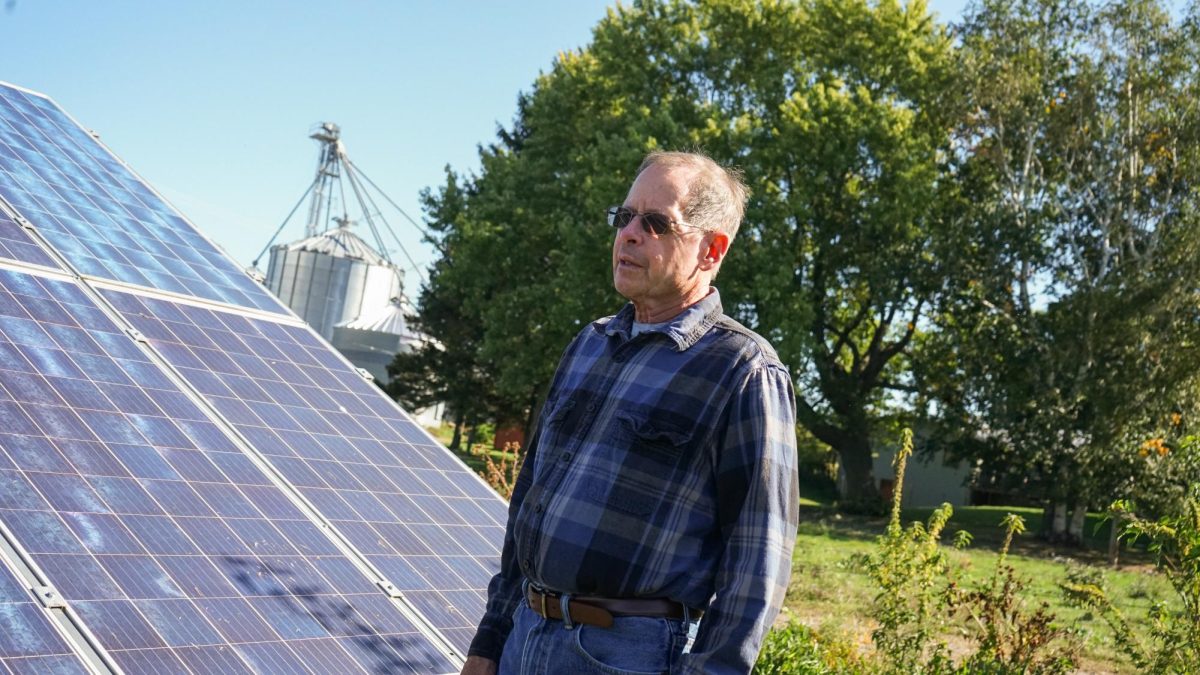Founded in 2015, the Ithaca Welcomes Refugees (IWR) organization is dedicated to assisting incoming refugees to help them make a smooth transition from a life across the ocean to Ithaca.
IWR is responsible for not only supporting incoming refugees with supplies and their transition to New York, but they also help refugees find housing.
“Ithaca Welcomes Refugees works to foster a fair and welcoming environment,” said Casey Verderosa, the executive director of IWR.
What does the IWR do?
The IWR focuses on three programs that help refugees when they first arrive. The first is the welcome home team, where volunteers of IWR help gather supplies and furniture for the apartment/space that they will live in.

The second is the response team. Traditionally, federal resettlement agencies, like the Office of Refugee Resettlement through the U.S. Department of Health and Human Services, provide a response team to a refugee individual/family, but only for 90 days. IWR’s team provides support beyond the government limit, should the refugees need assistance after the initial 3 months of their arrival.
While the federal agency may have helped an individual seek employment and housing, IWR’s response team works to look for more stable options, as well as help children enroll in school and other needs that a refugee may need.
“The response team is designed to help people get on their feet and stay on their feet, long term,” Verderosa said.
Third, is the Global Roots Play School program. Since some of the refugees are parents and have children with them, the program serves as a place where children can be cared for while their parents are working or taking English classes, which is conveniently located just down the street from where the play area is.

Housing: A new responsibility
Housing falls under the welcome team program. However, finding housing is still fairly new for the IWR.
Until last summer, Catholic Charities of Tompkins Tioga oversaw housing assistance for refugees. The organization was designated by the federal government as a resettlement organization, but that designation was removed during former President Trump’s administration.
“Their designation lapsed,” Verderosa says, “during the last few years through a combination of the Trump era slashes to the number of refugees that came into the country, and the COVID-19 pandemic.”
Currently, no organizations in the Ithaca area hold the federal designation to help refugees, which means that IWR is operating without the assistance of the federal government.
Since this is the first time that IWR has been in control of finding housing, volunteers and others working with IWR are still in the early stages of understanding the processes of finding both short- and long-term housing.
First steps and Future Goals
Verderosa and the IWR is focused on being more knowledgeable on housing for refugees to help them more efficiently as more people build their lives in Ithaca.
Verderosa mentioned that IWR has an advocacy team that oversees researching policies in the area and how the team is pushing for more accessible housing.
Looking towards the near future, Verderosa hopes to create a grassroots network where IWR can connect with landlords who are able to offer their units and other spaces for refugees.
“There are a lot of generous people in Ithaca, specific towards refugees,” Verderosa said, “just the number of unsolicited offers, for items, donations, [and] several people have offered Airbnb’s that people can live in short term for free.”
“I do think there are probably landlords who are sympathetic. It would be great to find a landlord who owns multiple properties, and that way providing a discounted rent wouldn’t be a crunch on their wallet. It remains to be seen.”
Verderosa also mentioned how she is open to talking with the Ithaca Neighborhood Housing Services to provide more available units for refugees in the future.
As of now, IWR has helped find housing two times: one for an individual and another for a family. The organization is also in contact with Cornell University, as the school is currently enrolling and providing housing for 9 female students who came from Afghanistan when the Taliban was taking control of the country.






